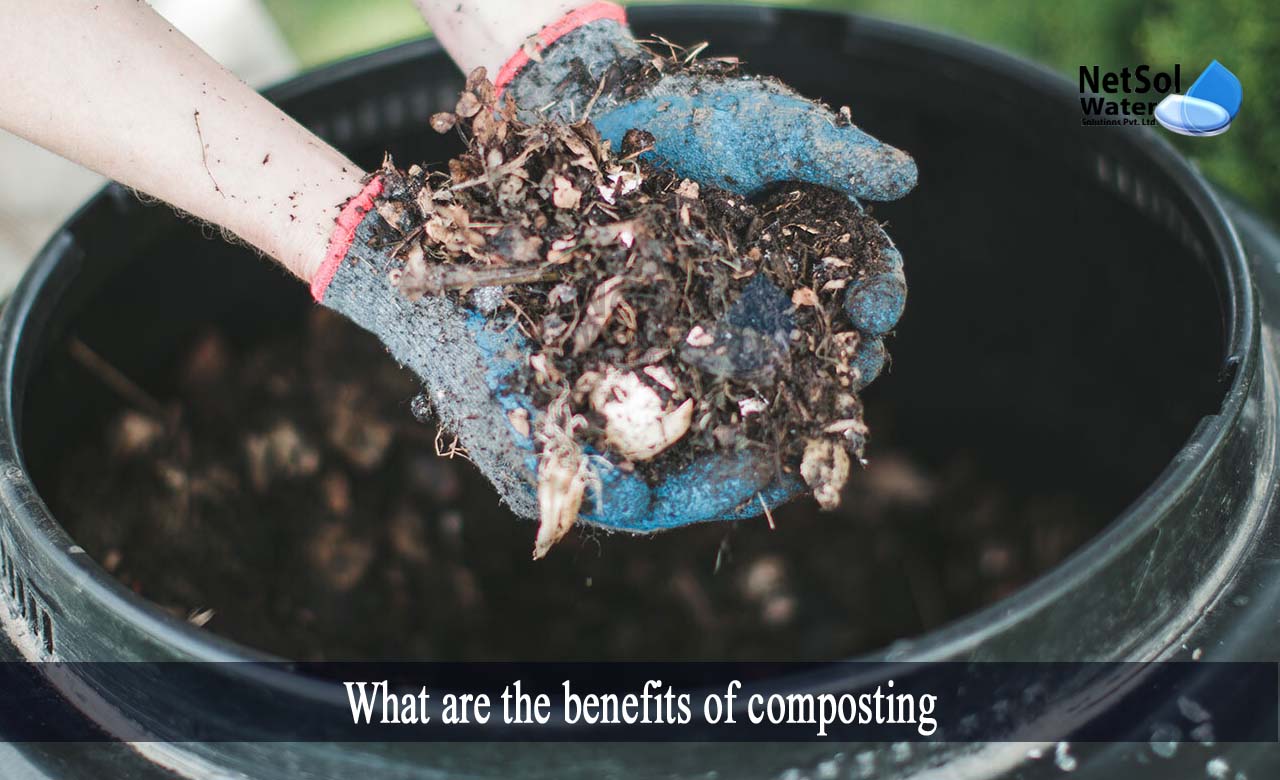It's critical to comprehend the differences between essential green terms, like composting, biodegradability, and recyclability because their use and impacts are changing daily.
A growing number of businesses are promoting their goods using, environmentally friendly production and manufacturing methods. Companies have gained influence and access to a specialized market of environmentally sensitive consumers, thanks to the concept of green marketing.
A crucial first step in solid waste processing that is environmentally friendly is understanding the ideas like, composting, biodegradability, and recycling, and the difference between them.
What are the benefits of composting?
Sometimes the waste we produce is organic and readily biodegradable. Therefore, creating compost is a sustainable alternative to throwing them in the landfills.
The wastes can be categorized as compostable when the process of degrading and turning into minute organic matter, takes about six to eight weeks. For these wastes to completely decompose, certain circumstances and materials are required. By encouraging households to create their own composts and providing rich nutrients for their backyard gardens, this reduces the amount of organic waste generated.
As a result, composting aids in waste reduction at the source and is a successful landfill substitute.
How do you make your own compost?
Composting at home is fairly easy to do, but it takes extreme commitment. Wastes that are rich in nitrogen and carbon are necessary for perfect compost. They disintegrate more quickly with higher carbon concentration.
Stems, eggshells, dried leaves, peels, wood ash, and other carbon-rich materials, are contrasted with green leaves, food scraps, and manure as nitrogen-rich materials. The smaller the bits are, the faster it will break down.
To improve the efficiency of the process, compost can be made utilizing several layers of dried and moist wastes. Your compost can be created in the yard itself or in compost bins, depending on the resources available, and it can include both food and yard waste.
What are biodegradable wastes, and how are businesses incorporating them into their products?
Waste can also spontaneously decompose through the biodegradable process, although there is no set time constraint for this process. These wastes decompose more slowly, which gives businesses a way to claim that their products are biodegradable. They don't need to be degraded within a certain amount of time or have a set composition.
Many businesses use this cover to claim that their products are biodegradable, even though there is less than 30% decomposable material in them. Although, they decay gradually on their own, they don't need any chemical additives to speed things up, thus the process is less hazardous for the environment.
How does recycling benefit us?
Reducing the amount of waste dumped in landfills is the aim of recycling. Finding different ways to reuse the things allows us to give them a new purpose.
Any product can be recycled and turned into a similar product or one with a lower quality grade. Aluminium, steel cans, paper, electronics, and even our clothes can all be recycled in addition to plastics. Instead of using new inputs, recycled raw materials are frequently employed in production operations.
Since, recycling itself uses resources and energy, the question of whether recycling is a sustainable solution is at the centre of the environmental debate. Nevertheless, it is a better option than landfills, even taking into account the expense of creating new ones, and the environmental damage they cause.
Conclusion
Effective waste management and the transition to a greener, more sustainable society are the fundamental objectives of an effective solid waste management. To prevent waste from entering landfills and seas, we should recycle, compost, and biodegrade everything we can.
Therefore, the next time you purchase a product—whether it be food, literature, or clothing—make it a point to check the package information to determine how your choice will affect the environment.
How can we assist?
In the current scenario, a solid waste management system is required due to strict compliance standards, increasing enforcement, and rising community pressure. Netsol Water, being a responsible firm, pledge to maintain our facilities in greater conformity with current regulations, and continually look for ways to reduce their negative environmental effects.
You need a company with a deep understanding of current and upcoming environmental concerns, as well as someone with extensive industrial experience and broad expertize in solid waste management. As your ally, we can develop a comprehensive solution to help you fulfill your solid waste management measures, thanks to our insight and experience. For additional information, you can contact our environmental cleaning experts at +91 9650608473 or get in touch via email at enquiry@netsolwater.com.



